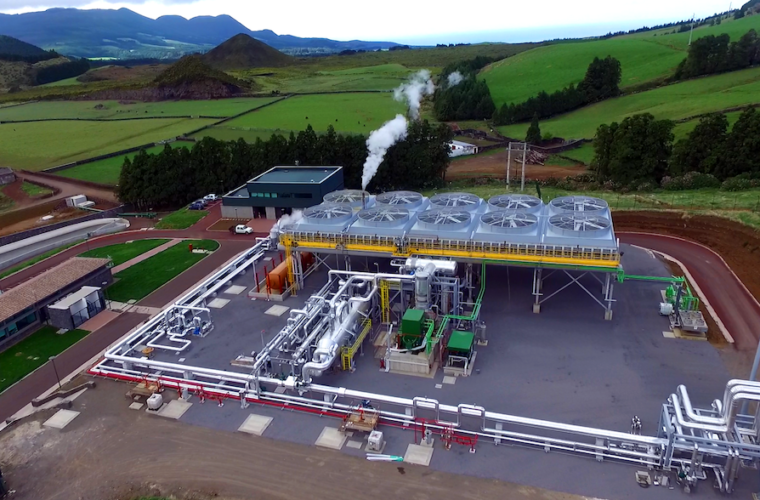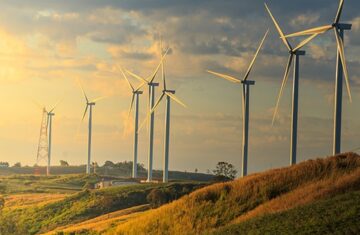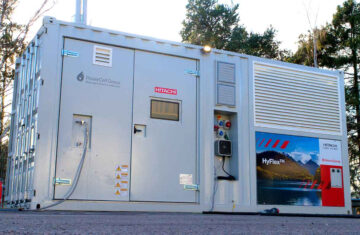The Promising Future of Geothermal Energy in Portugal
Geothermal energy is increasingly recognized as a vital component of Portugal’s renewable energy strategy. With its unique geological features and the establishment of innovative technologies, Portugal has significant potential for harnessing geothermal resources. This article delves into the current state of geothermal energy in Portugal, its history, potential, challenges, and future prospects, backed by official statistics and sources.
Understanding Geothermal Energy
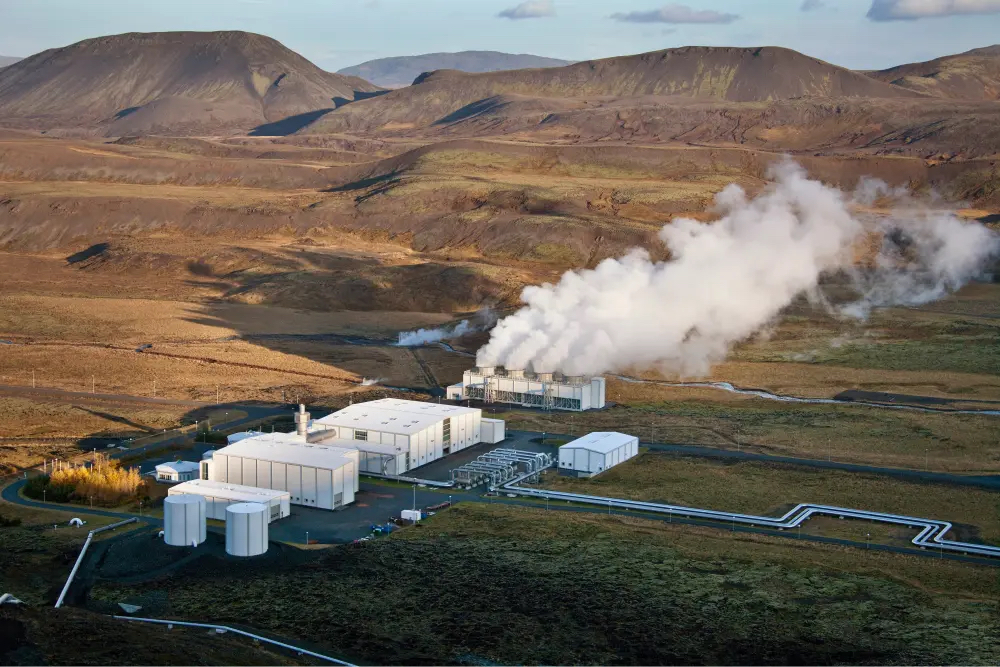
What is Geothermal Energy?
Geothermal energy is the heat derived from the Earth’s interior. It can be utilized for various applications, including electricity generation, direct heating, and even cooling. The primary sources of geothermal energy include:
- Geothermal Power Plants: Facilities that convert geothermal heat into electricity.
- Geothermal Heat Pumps: Systems that use the stable temperatures near the Earth’s surface for heating and cooling buildings.
- Direct Use Applications: Utilizing geothermal heat directly for processes such as heating water in swimming pools or greenhouses.
Importance of Geothermal Energy in Portugal
Geothermal energy is an essential part of Portugal’s renewable energy portfolio. As of 2022, geothermal energy contributes approximately 1.4% of the country’s total electricity generation. This may seem modest, but given the potential for expansion, geothermal energy could play a more significant role in achieving Portugal’s renewable energy targets.
Current Geothermal Capacity in Portugal
Installed Geothermal Capacity
As of 2022, Portugal’s total installed geothermal capacity is approximately 1,000 MW. Most of this capacity is concentrated in the Azores, a group of volcanic islands that provide favorable conditions for geothermal development.
Key Statistics
- Total Installed Geothermal Capacity: 1,000 MW
- Annual Geothermal Energy Generation (2022): Approximately 5 TWh
- Percentage of Total Electricity Generation: 1.4%
Major Geothermal Plants in Portugal
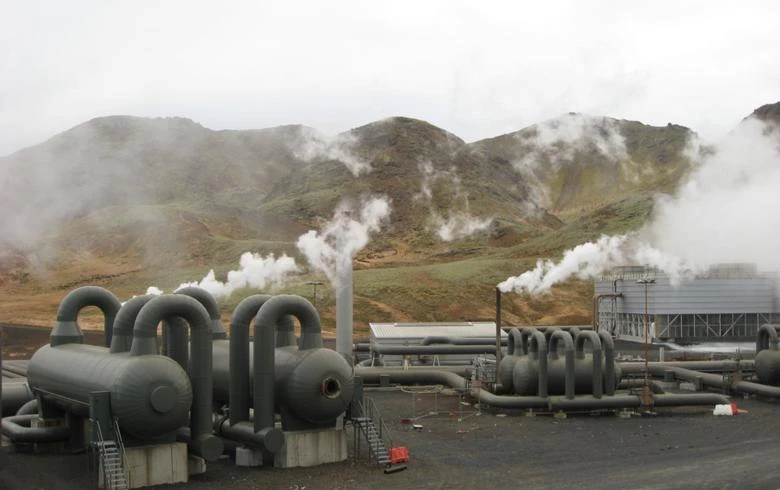
Portugal is home to several significant geothermal plants, primarily located in the Azores:
- Terra Nostra Power Plant: Located on São Miguel Island, it has a capacity of 20 MW and primarily generates electricity.
- Furnas Power Plant: Also situated on São Miguel Island, this facility has a capacity of 30 MW and is known for its direct use applications as well.
- Pico Vermelho Power Plant: Another key facility on São Miguel Island, with a capacity of 4.5 MW.
The Role of Geothermal Energy in Portugal’s Renewable Energy Strategy
National Energy and Climate Plan (NECP)
Portugal’s National Energy and Climate Plan (NECP) outlines the country’s commitment to increasing the share of renewable energy sources. The plan aims for 80% of electricity generation to come from renewable sources by 2030, and geothermal energy is expected to contribute to this ambitious target.
EU Regulations and Support
As a member of the European Union, Portugal is subject to various regulations aimed at promoting renewable energy. The EU Renewable Energy Directive provides a framework for member states to enhance their renewable energy shares, including geothermal energy.
Advantages of Geothermal Energy
Renewable and Sustainable
Geothermal energy is a renewable resource that produces minimal greenhouse gas emissions. It provides a stable and reliable source of energy, contributing to energy security and sustainability.
Energy Independence
By harnessing domestic geothermal resources, Portugal can reduce its reliance on imported fossil fuels. This energy independence is crucial for enhancing national security and stabilizing energy prices.
Economic Benefits
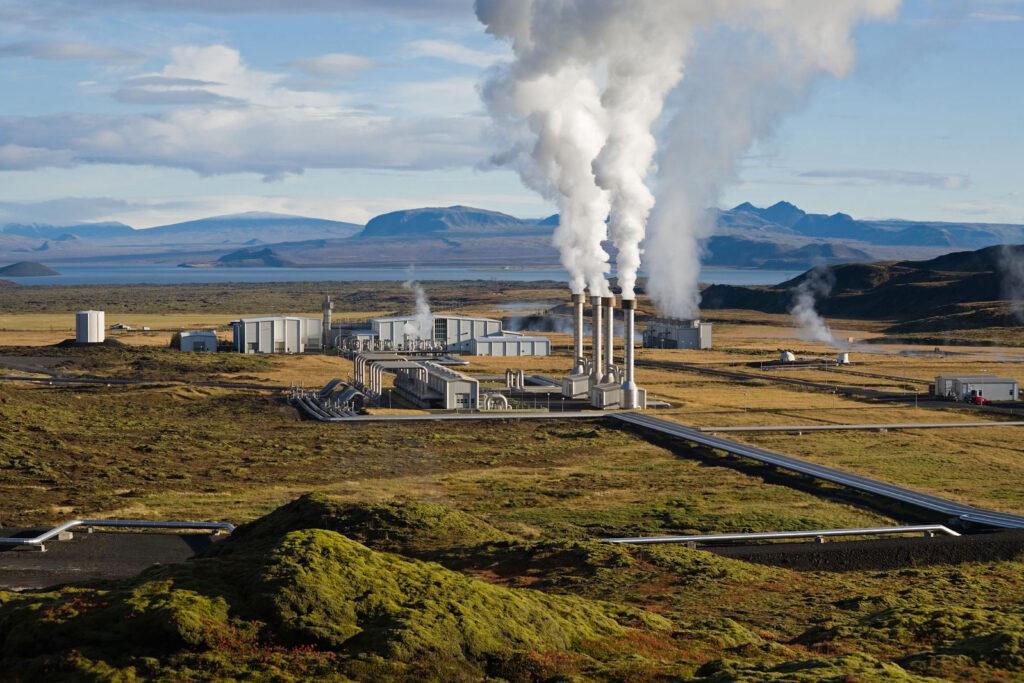
Geothermal projects can stimulate local economies by creating jobs in construction, operation, and maintenance. According to the International Geothermal Association (IGA), the geothermal sector could create thousands of jobs in Portugal.
Challenges Facing Geothermal Energy in Portugal
Limited Awareness and Investment
Despite its potential, geothermal energy in Portugal faces challenges related to public awareness and investment. Many stakeholders are unaware of the benefits and possibilities associated with geothermal energy, hindering its growth.
Geological Limitations
Geothermal energy production is highly dependent on geological conditions. While the Azores have favorable conditions, other regions in mainland Portugal may not be as suitable for geothermal development.
Regulatory and Bureaucratic Hurdles
Navigating the regulatory landscape for geothermal projects can be complex. Delays in obtaining permits and approvals can hinder the development of new projects, impacting overall growth in the sector.
Future Prospects for Geothermal Energy in Portugal
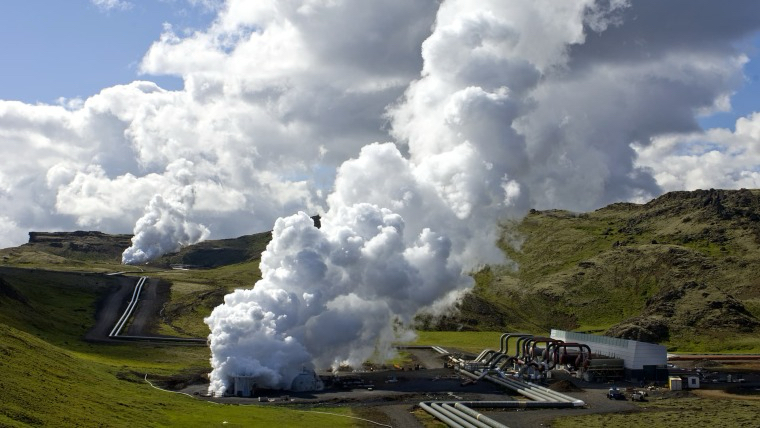
Technological Innovations
Advancements in technology can enhance the efficiency and sustainability of geothermal energy production. Innovations such as enhanced geothermal systems (EGS) may allow for the utilization of geothermal resources in regions previously deemed unsuitable.
Expansion of Geothermal Resources
Portugal has significant potential to expand its geothermal resources beyond the Azores. By investing in research and development, the country can identify new geothermal sites and improve resource mapping.
Integration with Other Renewable Sources
Integrating geothermal energy with other renewable sources, such as solar and wind, can enhance energy security and grid stability. This hybrid approach can help balance supply and demand, particularly during periods of variable weather.
Conclusion
Geothermal energy is a vital component of Portugal’s renewable energy landscape, offering numerous benefits for energy security, sustainability, and economic development. With its existing capacity and potential for growth, geothermal energy could play a crucial role in achieving Portugal’s energy and climate goals. While challenges remain, technological innovations and supportive policies can help Portugal harness its geothermal potential for a sustainable future.
References
- National Energy and Climate Plan (NECP)
- International Geothermal Association (IGA)
- Ministry of Environment and Climate Action
- European Commission – Renewable Energy
- International Energy Agency (IEA)
